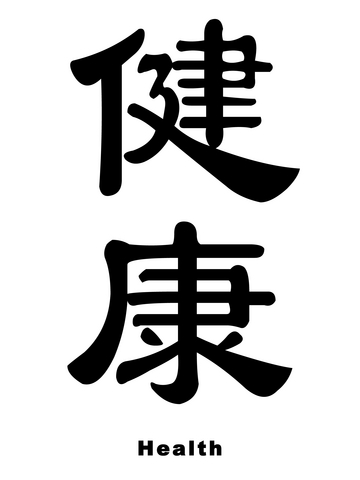As we move through the various practices of Chinese Medicine, you may be struck, as I was, by noticeable differences from the more familiar, conventional Western practices. One very important distinction between Eastern and Western medicine is that they come from very different philosophical roots. Western medicine depends heavily on science, with its ideological roots in Greece and Egypt. Rene Descartes (1596-1650), the famous French philosopher and one of the fathers of modern science and mathematics, greatly influenced the formation of the scientific method. As a scientist, in order to get bodies to dissect, he made a deal with the Pope that medicine would confine itself to the body. People’s emotions and souls would be the province of the Church. This overly simplistic explanation points out the evolution of Western medicine’s creation of a separation of mind and body, viewing the body as a complex system of biological parts, rather than a holistic unit. Certainly Western medicine has accomplished amazing things, but it is not the only path to wellness.
From a different origin, the philosophy that guides Chinese Medicine is rooted in the 8000 year old Taoist tradition. It focuses on a person’s relationship with nature and the universe, reflecting the classical Chinese belief that, as human beings, we live in intimate connectedness with our environment. It is said that a legendary sage named Fu Hsu, living in the Yellow River area of China approximately 8000 years ago, came up with two symbols based on his observations of nature. He believed that these symbols, a broken line (representing yin) and an unbroken line (representing yang), illustrate the two major forces in the cosmos.
________ __________ __________________
yin yang
From this idea, Fu Hsu formulated the well known concept of yin and yang, vital to Chinese Medicine theory and practice. This philosophy that began thousands of years ago in China with reflections on the universe and our place in the cosmos remains the basis of Chinese Medicine theory today.
Excerpt From Adventures in Chinese Medicine – Philosophical Differences Between Western and Eastern Medicine


